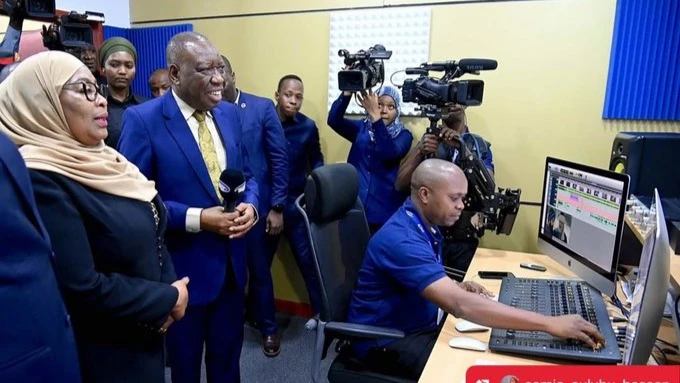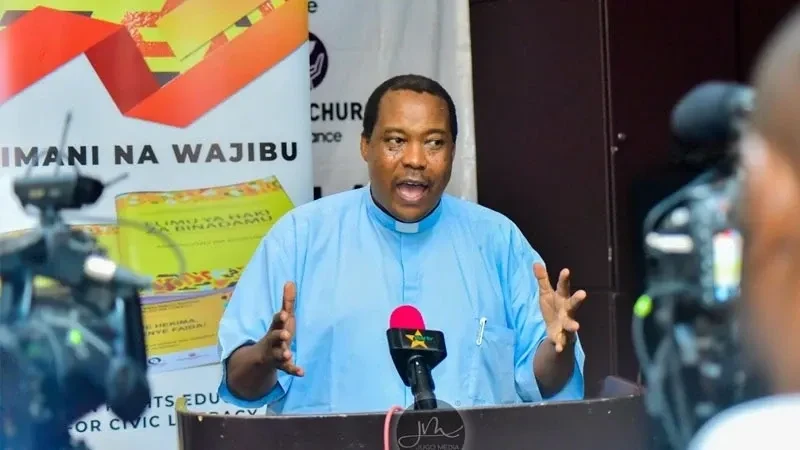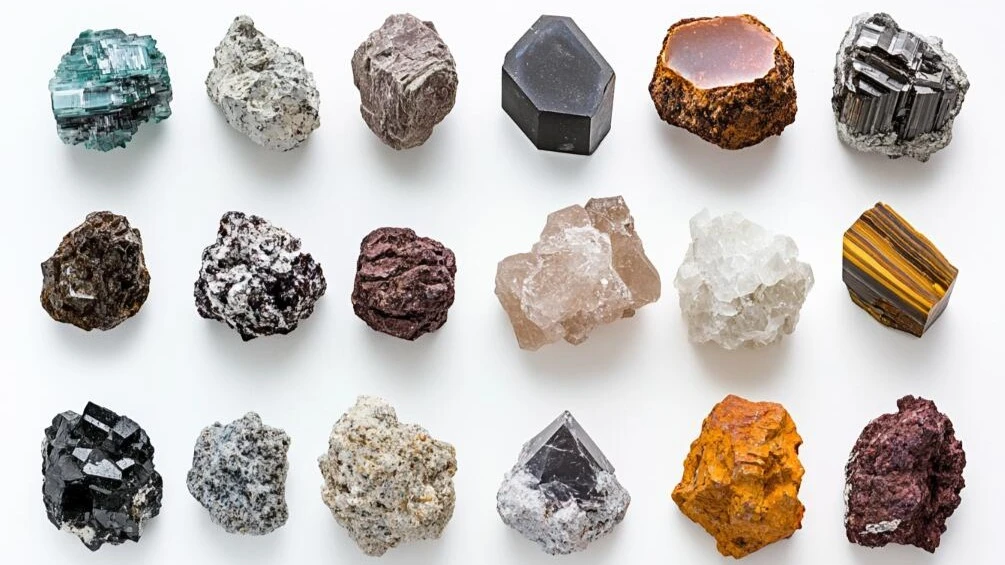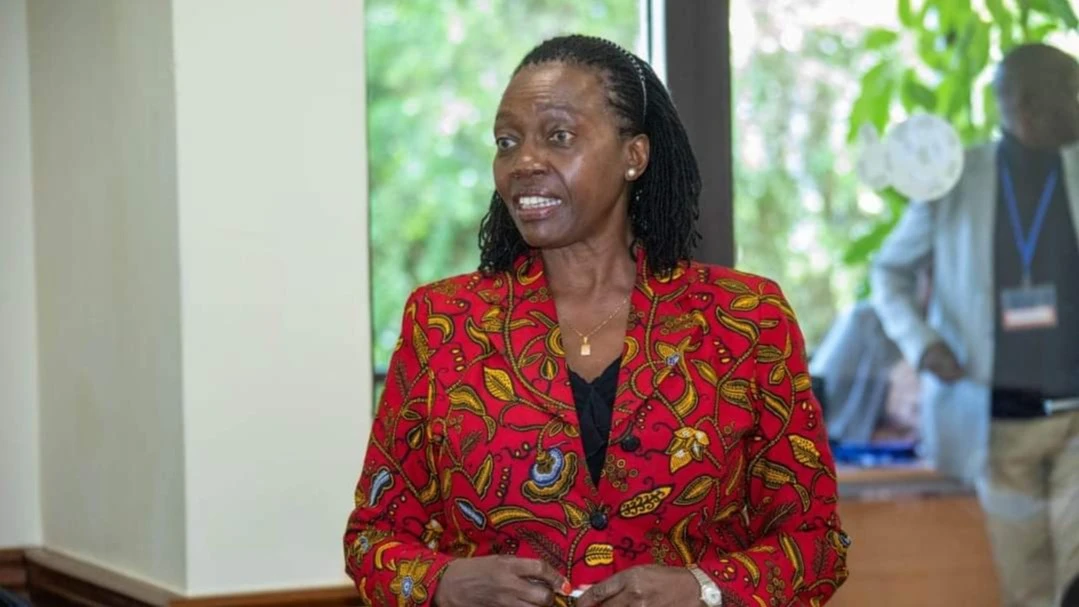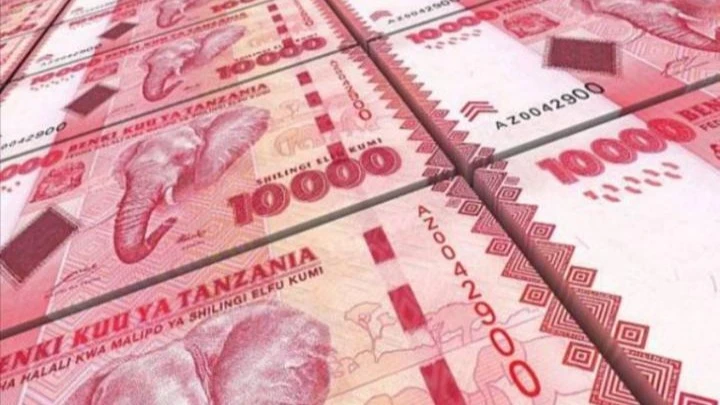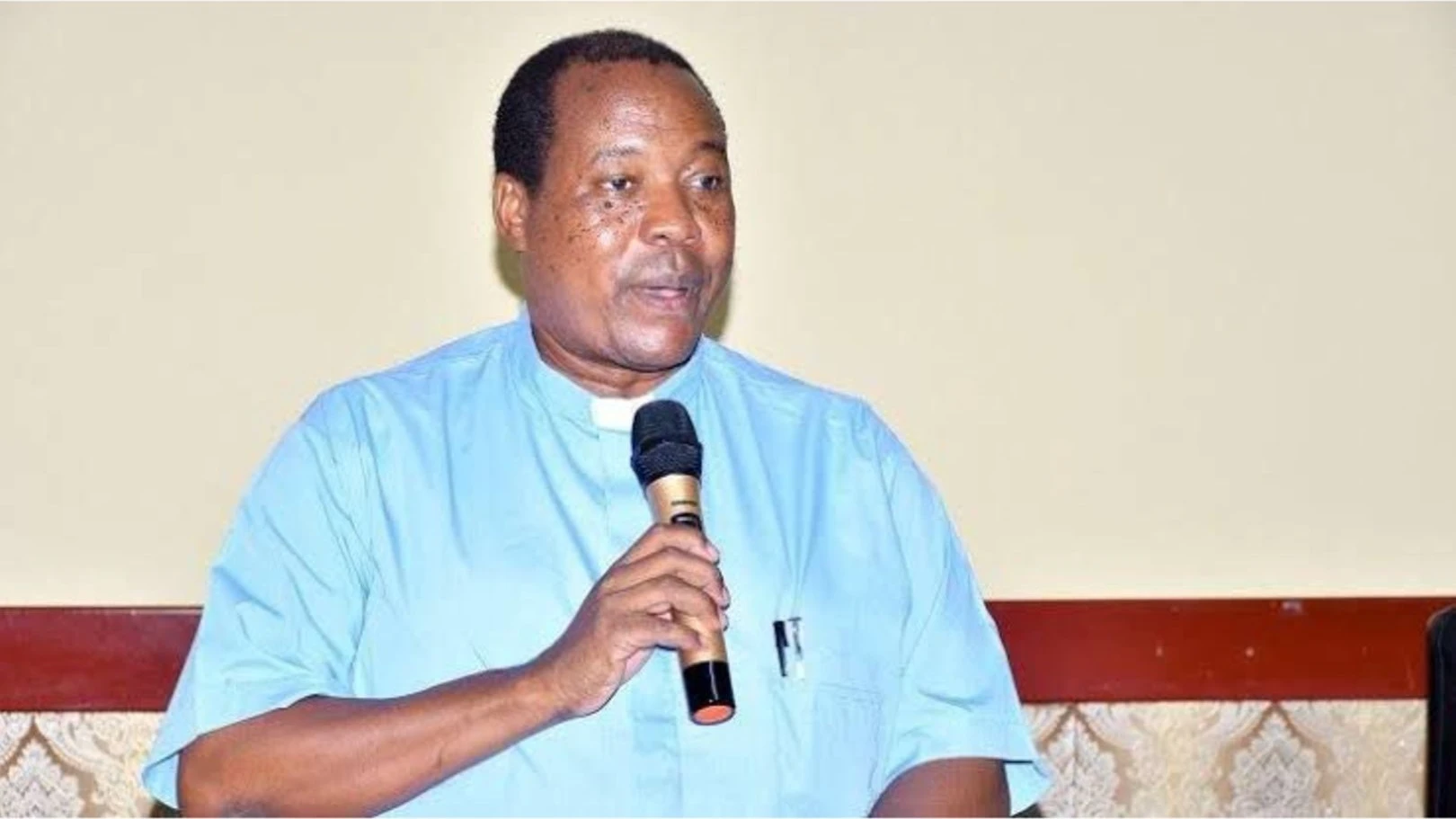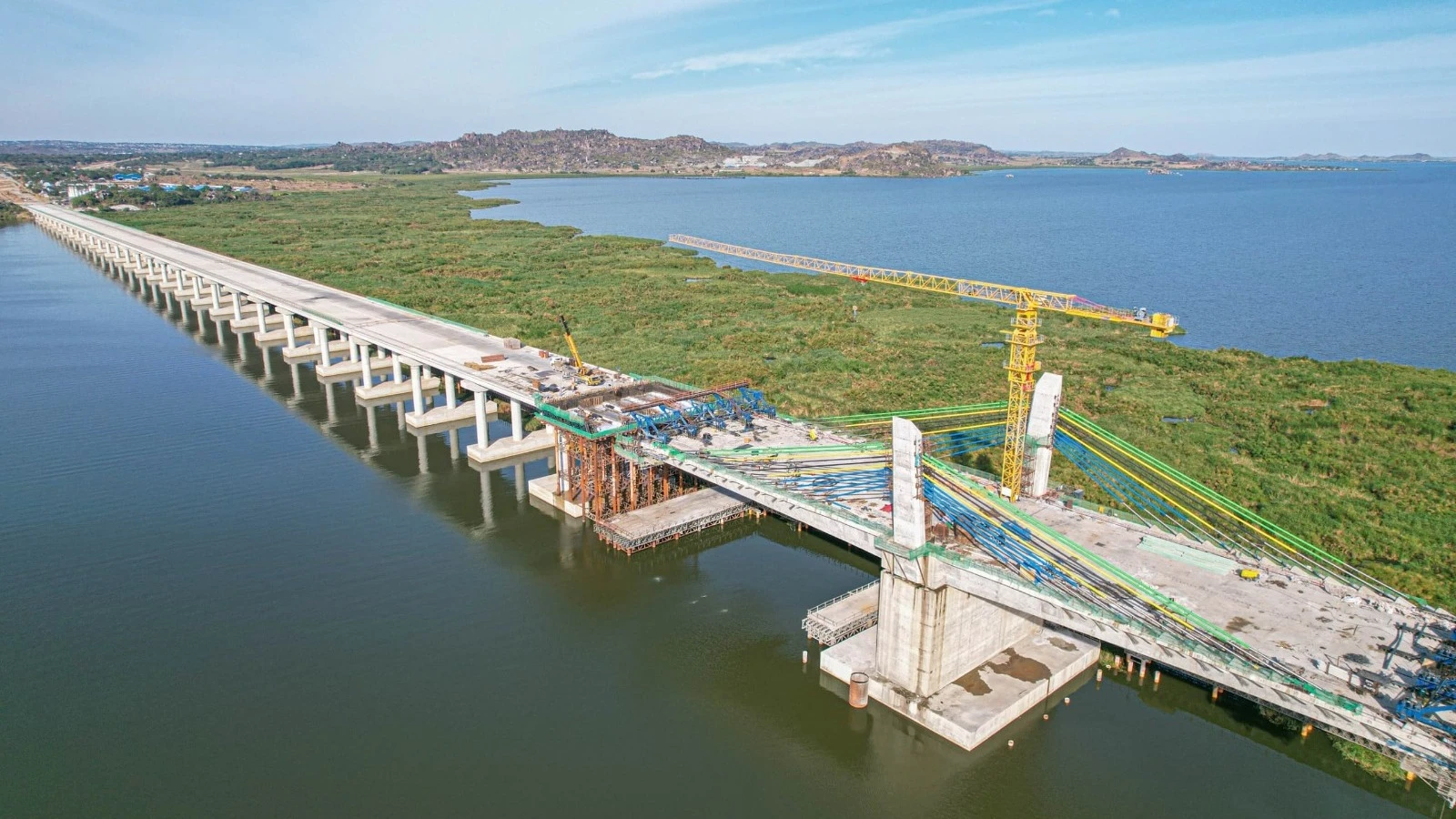Ministry to embrace tech to curb smuggling of minerals

THE Ministry of Minerals has unveiled new measures to combat smuggling of minerals from Tanzania, with a fresh focus on oversight and technology.
Minister for Minerals, Anthony Mavunde, said this yesterday when presenting the ministry’s 2025/26 budget estimates to the National Assembly, requested a total of 224.98bn/- with plans to collect revenue amounting to 1.4trn/-.
He said the ministry is committed to implementing comprehensive strategies to curb mineral smuggling and combat the illegal mineral trade.
In a proactive step, Mavunde announced the introduction of special helmet-mounted cameras to be worn by inspectors and appraisers handling Tanzanite at mining and trading sites, as part of broader efforts to strengthen monitoring and accountability.
He explained that from the next financial year, through the Mining Commission, a formal system will be introduced requiring inspectors and appraisers of Tanzanite to wear hard hats fitted with cameras.
The objective is to enhance supervision and traceability within the protected Mirerani mining zone and mineral trading centres. He added that the system, if successful, will be expanded to cover other types of gemstones.
“The ministry continues its efforts to crack down on mineral smuggling, often carried out by unscrupulous miners and traders,” he said. To bolster revenue collection and strengthen regulation of the sector, the ministry also plans to purchase 26 vehicles for the Mining Commission.
“The vehicles will support revenue collection efforts, deter illegal mineral trade and smuggling, and enhance monitoring of mining operations,” he said. Between July 2024 and March 2025, the ministry, in collaboration with other government agencies, seized various types of minerals worth 17.75bn/- in Geita, Ruvuma, Kahama, Mwanza, Shinyanga, Kagera, Dar es Salaam, Mirerani, Simiyu, Singida, Chunya, Arusha and Lindi regions. The confiscated minerals were forfeited, and 75 suspects were brought before the law.
“I urge miners and traders to avoid smuggling, which risks both their businesses and national economy,” Mavunde warned. To enhance access to capital for small-scale miners, the government has formed a team of six experts in finance, mining, and law to propose solutions for improving financial inclusion.
This, he said, will help small-scale miners engage in more productive and economically beneficial operations. Mavunde also declared that the government will no longer issue medium- and large-scale mining licences for strategic minerals to any investor who lacks a credible value-addition plan.
These strategic minerals include lithium, graphite, helium, nickel, cobalt, titanium, copper, aluminium, niobium, and rare earth elements—all critical for high-tech and scientific industries.
To increase the mining sector’s contribution to GDP, the ministry plans to promote new mines, tighten oversight of existing ones, and enforce laws requiring large-scale mines to hire Tanzanians and procure local goods and services.
It will also promote local participation in the mining value chain and enforce corporate social responsibility (CSR) obligations. Investors with valid mining licences will be expected to begin production promptly upon fulfilling all legal requirements.
The ministry will undertake in-depth geophysical surveys based on trial results to assess the presence and accessibility of various minerals, particularly strategic ones, and will establish a geoscientific data system.
It will also collaborate with both local and international stakeholders to expand research coverage across different regions of the country. The aim is to raise national geophysical survey coverage from the current 16 percent to at least 50 percent by 2030 and improve legal and institutional frameworks for transparent management of the mining sector.
In partnership with the private sector, the government intends to set up centres for leasing and selling mining equipment and tools in key mining areas. This is expected to ease access for small-scale miners and boost mineral output.
The Build a Better Tomorrow programme in the mining sector is expected to raise incomes and improve livelihoods for women, youth, and people with disabilities. It aims to increase employment opportunities and investment levels within these groups. The programme will also strengthen health and safety standards in mining areas.
Top Headlines
© 2025 IPPMEDIA.COM. ALL RIGHTS RESERVED








